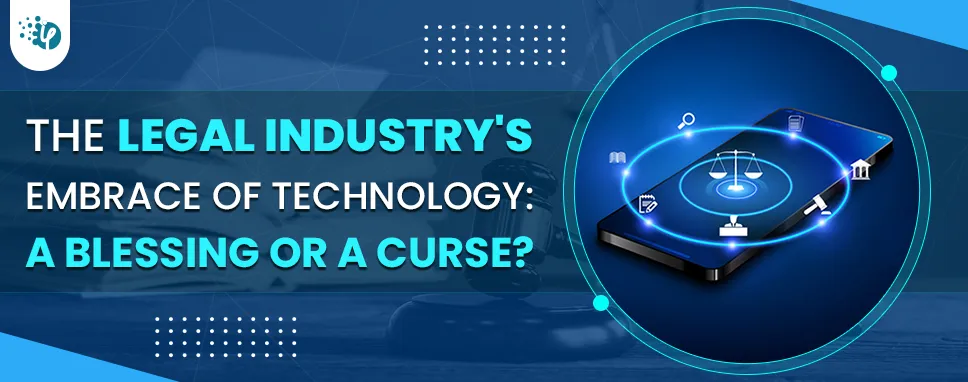The greater the level of digital access, the greater the possibility of error
"E-mailing"
Many attorneys use email for their practices, and it can be a very useful tool. Other forms of contact should not be replaced with it, however, in most cases.
The attorney-client relationship must be maintained through constant communication. It's still important to answer the phone and attend meetings in person. My experience has been that the best way to communicate with a client is to ask them how they prefer to be contacted. My approach to communication will be based on that answer, but I will emphasize the importance of communicating in multiple ways. My schedule may prevent me from returning a phone call immediately when I am in court all day. Rather than responding to their message, I might send them a quick email letting them know I received their message.
It is certainly possible to benefit your practice by sending an email, but you should think twice before you do so and make sure that it is not something you should discuss in person or over the phone. As a side note, email communications may not maintain confidentiality. Most of our clients use free email servers that do not protect the confidentiality of their emails and will release them if subpoenaed. In order to determine if email is a safe means of communicating with your clients, you should have a conversation with them.
However, security and cyber risks are some of the consequences of technology in legal industry. The global economy loses $6.1 trillion a year due to cybercrime, which is committed every 11 seconds. Data capture is the main objective, and law firms are a particularly attractive source. The traditional method of storing and exchanging files was physical paper, which is much harder to corrupt. All of that has changed, however, due to the influx of technology.
Digital tools are being introduced by law firms to facilitate file sharing, accessibility, and correspondence between lawyers and clients. A greater number of digital access avenues means a greater chance of mistakes, oversights, and hacks happening. In a world where cyber insurance costs are soaring, cybersecurity is a non-negotiable issue for the legal industry.





















